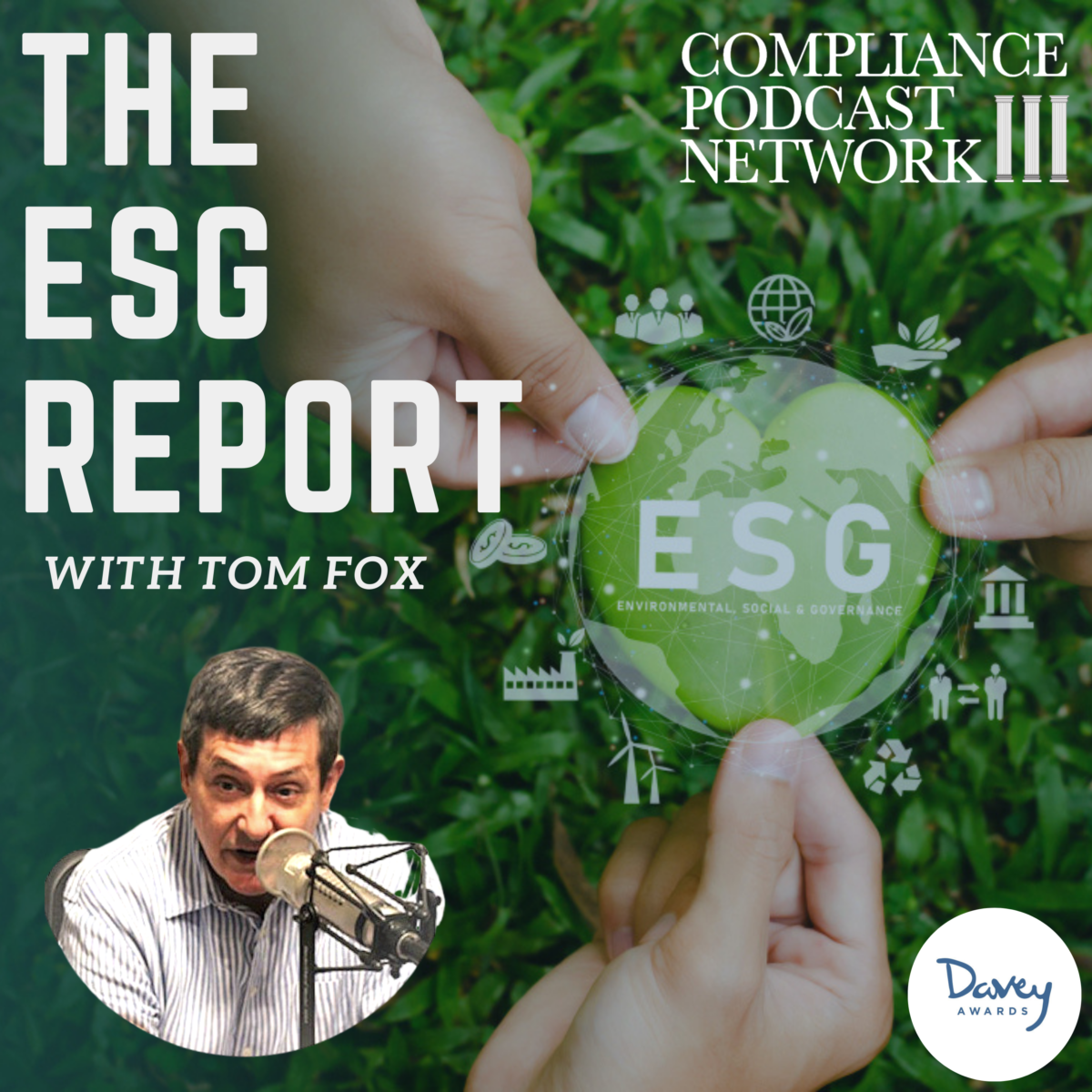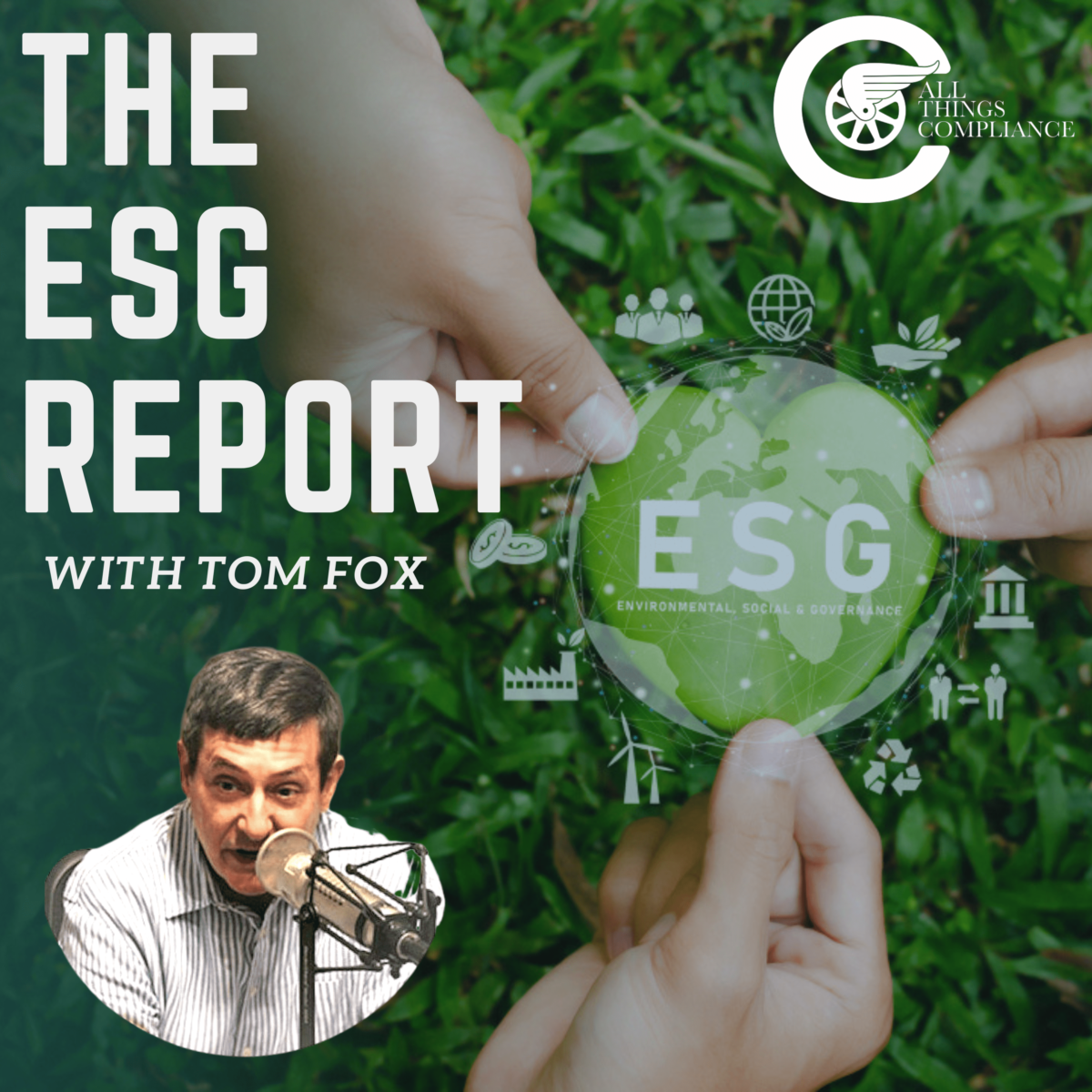The ESG Report podcast is hosted by Tom Fox. In this special 3-part series, I take a deep dive into EV battery regulation in the US and EU.
In this Part 3, we consider EU legislation and regulatory requirements for EV batteries and EV battery supply chains. Pamela Fierst-Walsh is a prominent voice in critical mineral supply chain issues and a recognized leader in policy development, ESG issues, and international affairs. From 2017-2021, Pamela drove the reorientation of U.S. diplomacy toward prioritization of minerals supply chains as the U.S. State Department’s Senior Advisor for Critical Minerals. She coordinated the U.S. The Departments of Commerce, Defense, and Energy worked together to support National Security and Economic Council agendas.
In June 2021, she played a key role in shaping the Biden Administration’s 100-day Supply Chain Review on Building Resilient American Supply Chains to improve U.S. competitiveness for clean energy and technological advancement, which set the foundation for greater U.S. clean energy investment under the 2022 Inflation Reduction Act and other acts. She regularly advises senior U.S. officials, private sector actors, and foreign counterparts. In 2023, she joined the Board of IMPACT, a non-profit organization focused on empowering communities through greater governance of the natural resources they rely upon. She is the CEO of PFW Advisory, LLC, and is based in Washington, DC.
Pamela’s viewpoint on EU battery regulation is that it is a revolutionary measure in establishing detailed categories and requirements for batteries, such as portability, usage in cars, and electric vehicles, regardless of where they are manufactured. Drawing from her extensive expertise, Fierst-Walsh has noted the similarities between EU regulations and the existing requirements in the United States, particularly in terms of sustainability and reusability scores.
QA1QQ1QAdditionally, she emphasizes the importance of the battery passport as it offers comprehensive insights into a battery’s manufacturing details, carbon footprint, materials, and performance. Moreover, she does not overlook the potential difficulties manufacturers might encounter in ensuring compliance, particularly in documenting supply chains and meeting the upcoming deadlines for carbon footprints and recycled content targets.
Key Highlights:
- Battery Passport Implementation in EU Regulations
- Battery Supply Chain Due Diligence Protocol
- Mineral Sourcing Guidelines and Global Compliance
Resources:
Pamela Fierst-Walsh on LinkedIn
Tom Fox
Connect with me on the following sites:







